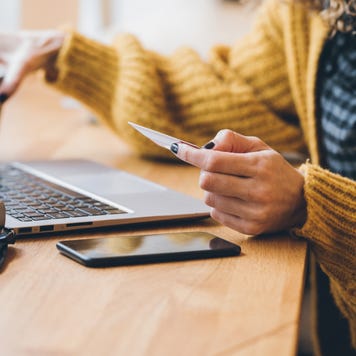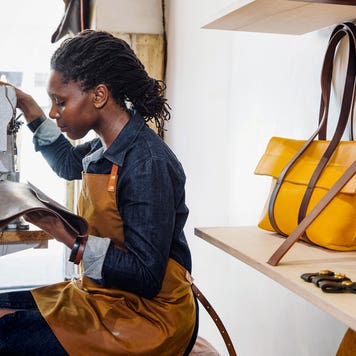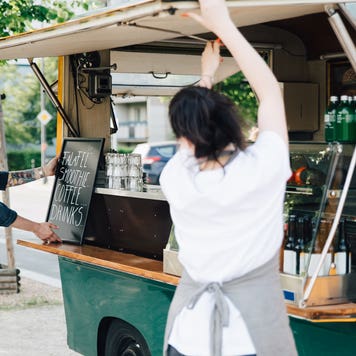Business Credit Card Advice
Check out the latest business credit card news and advice from our team at Bankrate.
We can help you find the right credit card to keep your business organized and maximize your business expenses.
Featured by names you know and trust
The Latest Business Credit Card Advice

Use these cards to make business purchases without the added fee.

Know the preapproval process for Citi credit cards before you apply.

Consider these excellent business card options with 0 percent intro APR offers.

They’re rare, but here are the best balance transfer business cards.

The American Express Business Platinum Card is now offering a 200,000-point bonus.

Find out everything you need to know about fleet fuel cards and their benefits.

Here’s how to know if your growing business may require a new credit card.

The Ink Business Unlimited lets you earn flat-rate cash back on all purchases.



